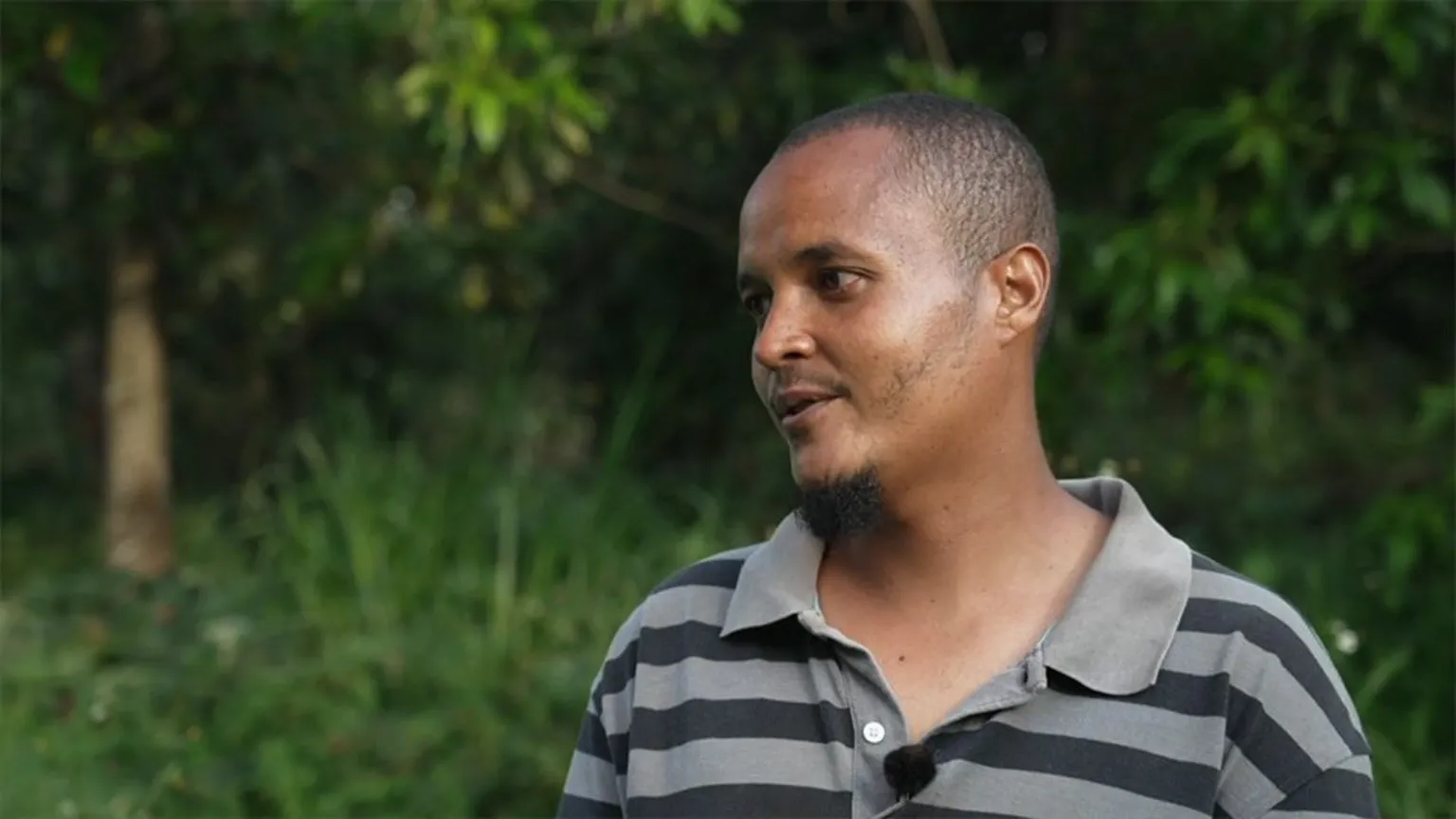Seven Kenyans have won a significant legal victory in London, establishing that they were fathered by British men linked to an army base in Kenya.
The Family Court ruling confirms parentage for the individuals, whose fathers were previously unknown to them. Six of the fathers had served at the British Army Training Unit in Kenya (Batuk), while one was employed as a contractor.
The case marks the first time such paternity claims have been successfully proven using commercially available DNA databases in a UK court.
The decision also allows the claimants to apply for British citizenship, offering recognition of their heritage and access to new legal rights.
British lawyer James Netto, representing the claimants, worked alongside geneticist Denise Syndercombe Court to gather DNA samples and testimonies from residents in the Nanyuki area.
Many local people suspected that their fathers had been stationed at Batuk, Africa’s largest British army base. DNA from public databases was then used to locate potential family members in the United Kingdom.
Peter Wambugu, a 33-year-old chef and one of the claimants, said he grew up knowing his father was a British soldier but had never met him.
He recalled facing bullying as a mixed-race child and said his mother had told him his father "was a good man" who promised to return, but never did. After finally meeting his father, Peter told the BBC, "So all the pain that I've been carrying all these 30 years, all the discrimination I get from people, that pain has come out as joy."
Another claimant, who cannot be named due to legal restrictions, described meeting her father once at age four and then never again. Growing up without him was emotionally difficult, and she said she "felt extremely abandoned".
Netto said of the ruling: "For many families, today's hearing marks the end of an incredibly difficult journey that for so long felt impossible. Children and young people who previously only had questions, now have answers."
He added that many more people near Batuk could be in similar situations, with the next phase focused on cases where claimants have little or no information about their fathers or other relatives.
Lawyer and campaigner Andrew Macleod expressed hope that the ruling would encourage the Ministry of Defence to take a more active role in paternity claims involving personnel who served at Batuk.
The Ministry of Defence told the BBC, "while paternity claims against UK Service Personnel are a private life issue, the government cooperates with local child support authorities where there are claims relating to paternity".
The BBC has been following this story over the past year as part of its upcoming five-part World of Secrets podcast.
